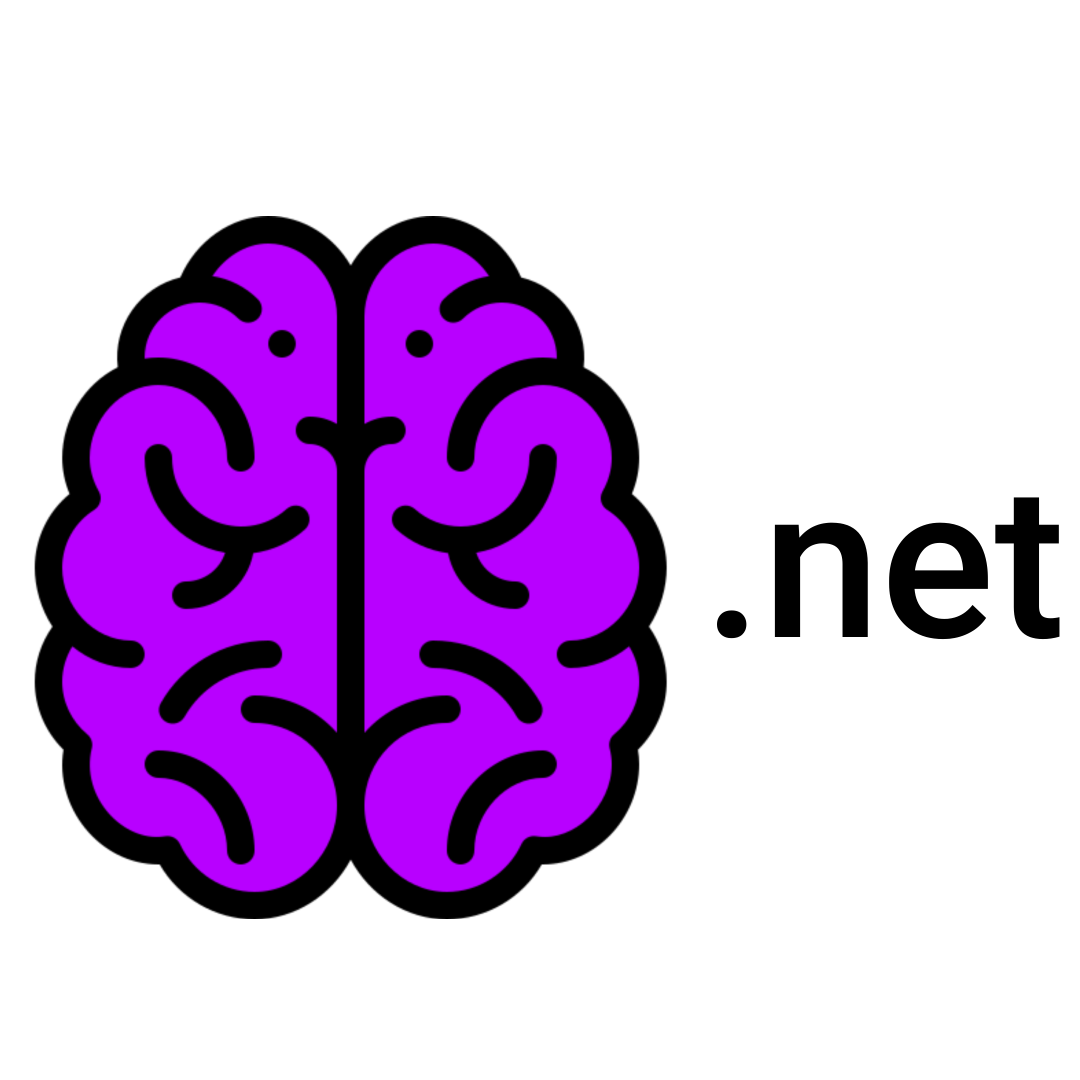Who has never seen a person with a clear lack of knowledge on a certain subject, but who speaks as if they had all the knowledge and certainty in the world?
In fact, this even became the subject of study in the 90s.
Called the Dunning-Kruger Effect (named after scientists David Dunning and Justin Krueger), it is the study of users’ relative self-knowledge on a given topic. The lower the knowledge, the higher the rating the user gave themselves on that topic.
In the study, it was noted that people with more knowledge on the topic gave themselves lower grades, as they knew they still had a lot to learn. Meanwhile, users with less knowledge gave themselves higher marks.
Obviously there are controversies and nothing prevents a user from evaluating themselves in proportion to their knowledge. But when in general public, the Dunning-Krueger effect becomes even more present
Dunning-Krueger and the politics
Individuals with limited knowledge about political matters may exhibit overconfidence in their opinions. The Dunning-Kruger effect suggests that those with lower political literacy may be more prone to confidently express their views, even if those views are based on misconceptions, incomplete information or even fake news.
Lack of knowledge actually creates an illusion of superiority, in which the user tries to impose their vision on others.
People affected by the Dunning-Kruger effect tend to think more shallowly, with shallow solutions, even for more complex and profound problems and issues, such as politics, education and society.
At the same time, the lack of vision and feeling of superiority creates barriers for new ideas, inflexibility and total polarization (for both sides)
An informed electorate is essential for a functioning democracy, and recognizing and mitigating the Dunning-Kruger effect can contribute to more thoughtful and well-informed political discourse.


